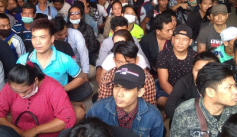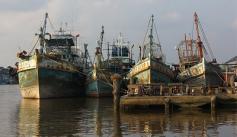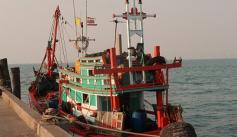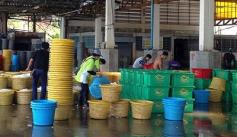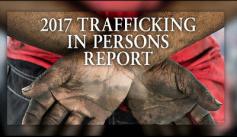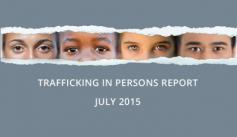Blog: Thailand
March 27, 2020
Put Workers at the Helm of Social Sustainability in Seafood
December 23, 2017
The highs and lows of the 2017 TIP Report
July 2, 2017
Prison for Freedom? Waiting for Andy Hall’s Verdict
September 19, 2016
Obama Administration grants unwarranted TIP Upgrades
July 30, 2015
Pages
Browse blog by issue
- Child Labor (223)
- Forced Labor (35)
- Gender-Based Violence and Harassment (102)
- Health & Safety (38)
- Living Wage (18)
- 1 of 2
- next ›
Browse blog by country
- Bangladesh (39)
- Cambodia (3)
- Colombia (2)
- Cote d’Ivoire (7)
- Ghana (5)
- 1 of 4
- next ›
Blog archive
- October 2024 (1)
- August 2024 (1)
- June 2024 (1)
- March 2024 (1)
- February 2024 (1)
- September 2023 (2)
- March 2023 (2)
- February 2023 (1)
- November 2022 (1)
- March 2022 (1)
- 1 of 16
- next ›
